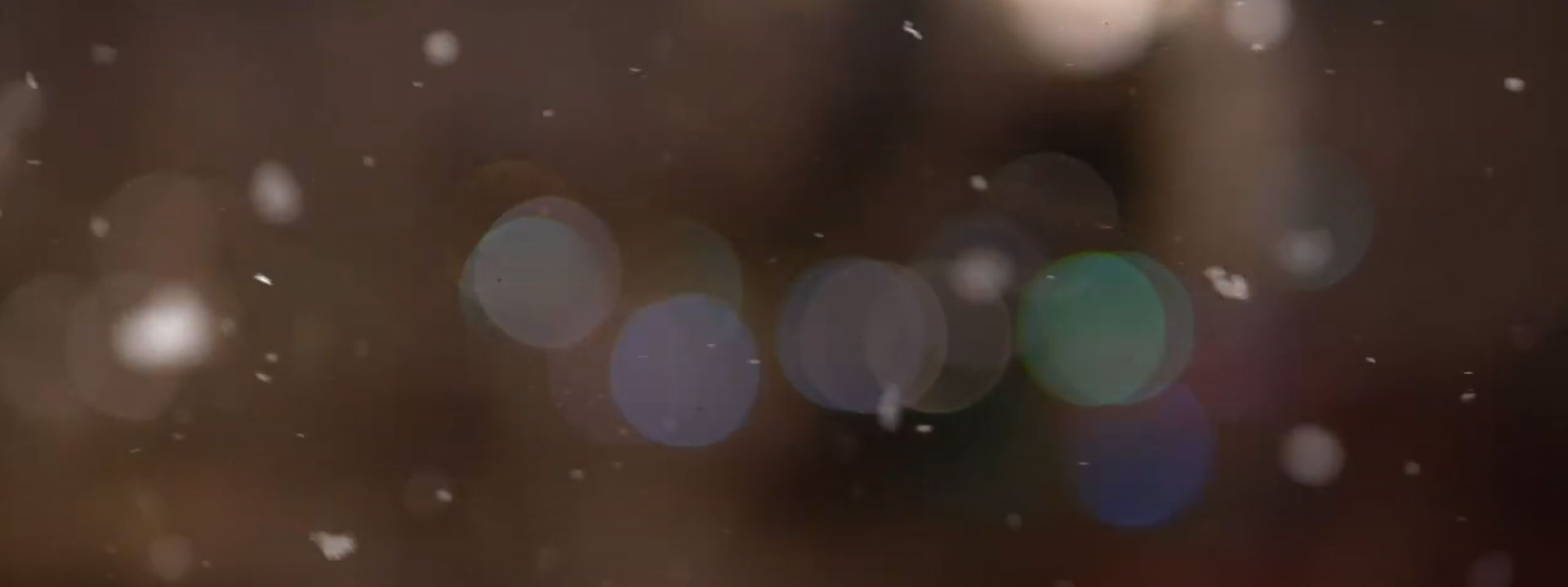Nara Park
5 minute walk from the hotel
Experience a unique moment where time carves deep memories
1909
Nara, where the story of Japan began.
Since its founding in 1909 in the Meiji Era, Nara Hotel has treasured the precious memories inherited over the years.
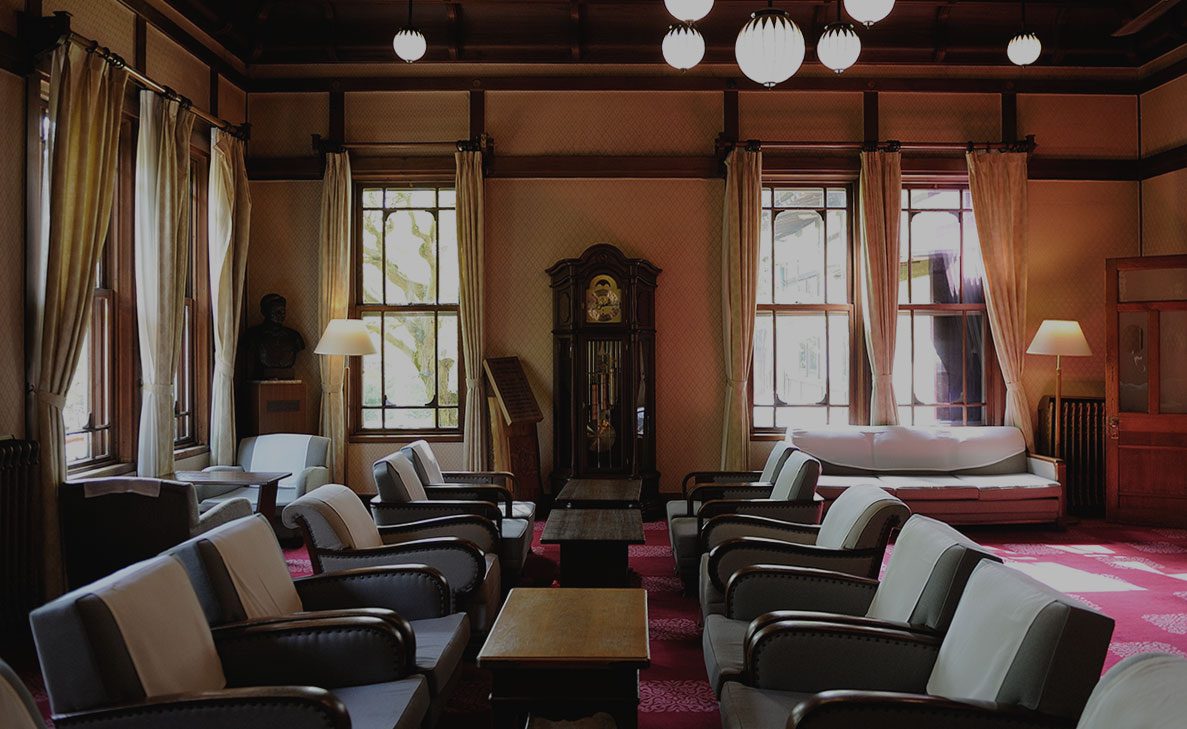
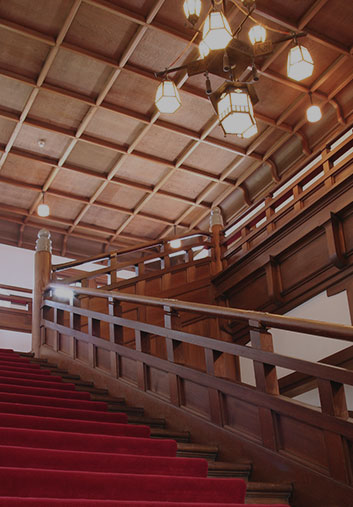
Those traditions and innovations have
been interwoven to create a unique and extraordinary
location, where you will be met with warm hospitality and smiles.
Welcome to Nara Hotel
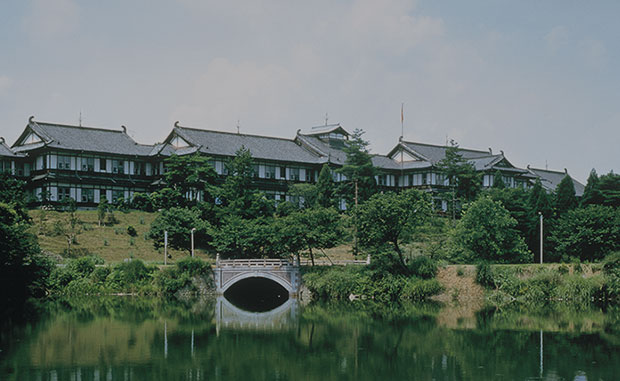
2026
We are conveniently located within walking distance of numerous
World Heritage Sites and sightseeing spots.
Nara Park
5 minute walk from the hotel
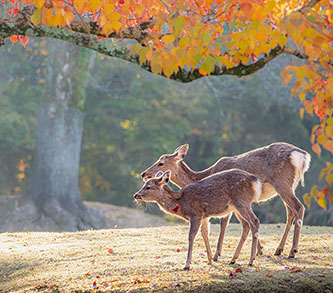
Todaiji Temple
World Heritage Site25 minute walk from the hotel
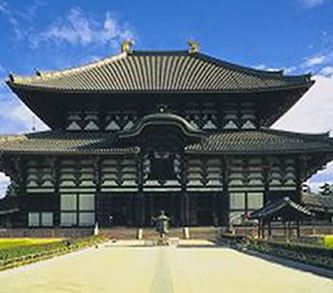
Kasuga Taisha Shrine
World Heritage Site20 minute walk from the hotel
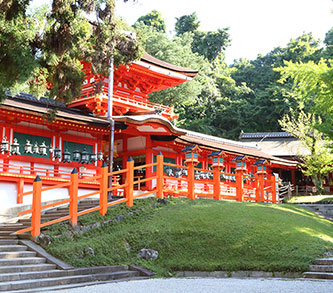
Mt. Wakakusa
25 minute walk from the hotel
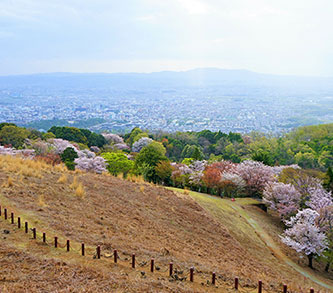
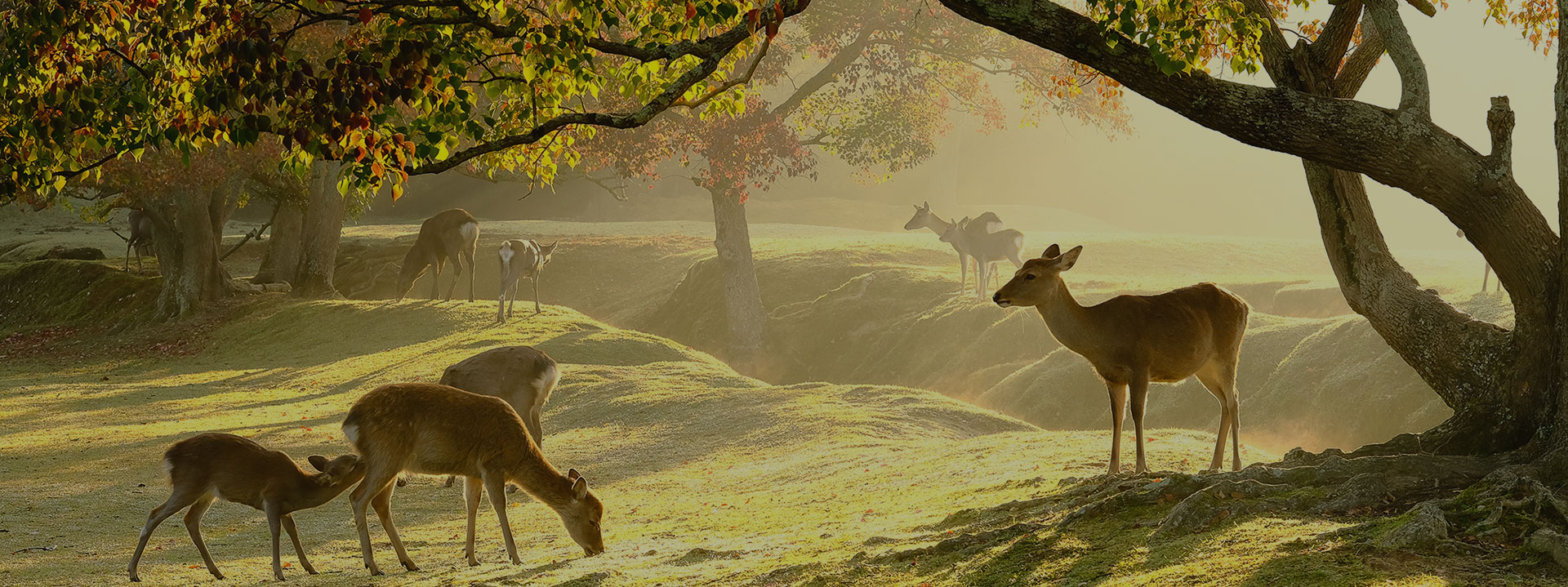
Nara, easily accessible from Tokyo, Osaka, and Kyoto,
is a beautiful ancient capital where Japanese history
and culture come alive.
Nara Hotel is conveniently located in the middle of the city of Nara and is just a 15 minute walk or 5 minute taxi ride from Kintetsu Nara Station.
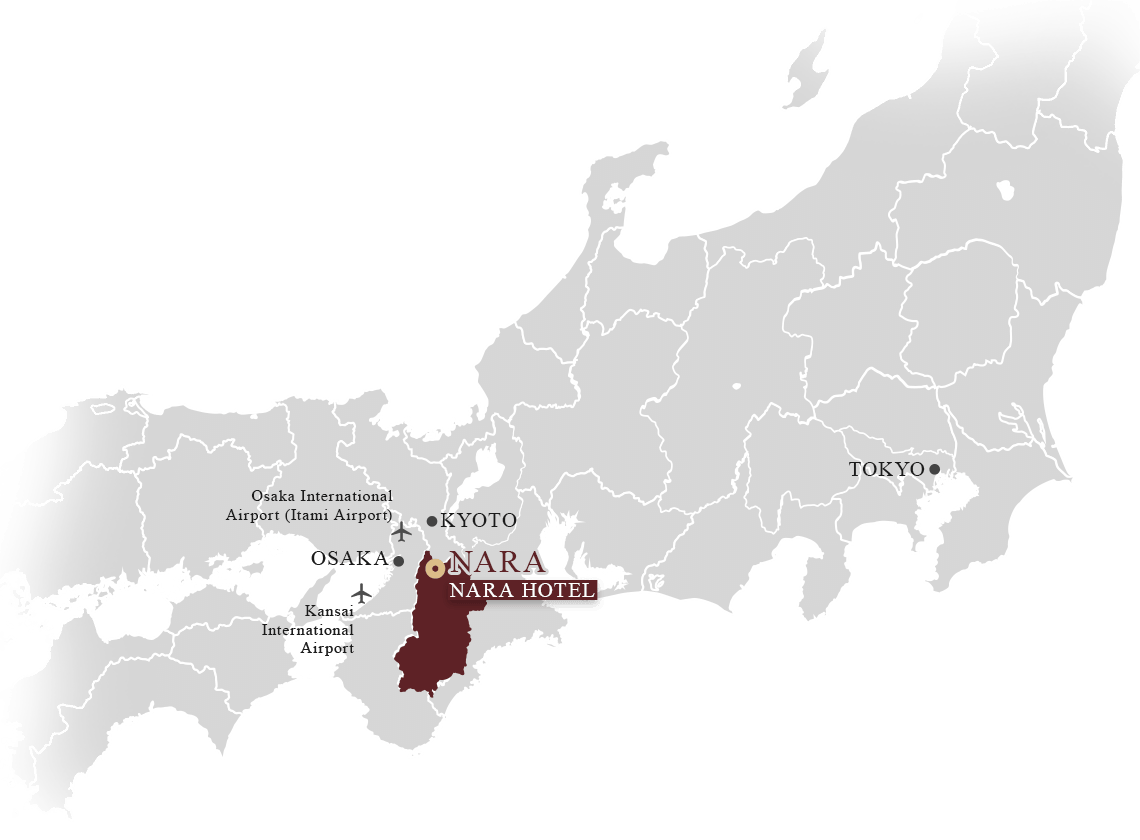
A space steeped in the elegance
of a bygone era
Enjoy an extraordinary experience at a timeless classic hotel, divided into the Main and New Buildings.
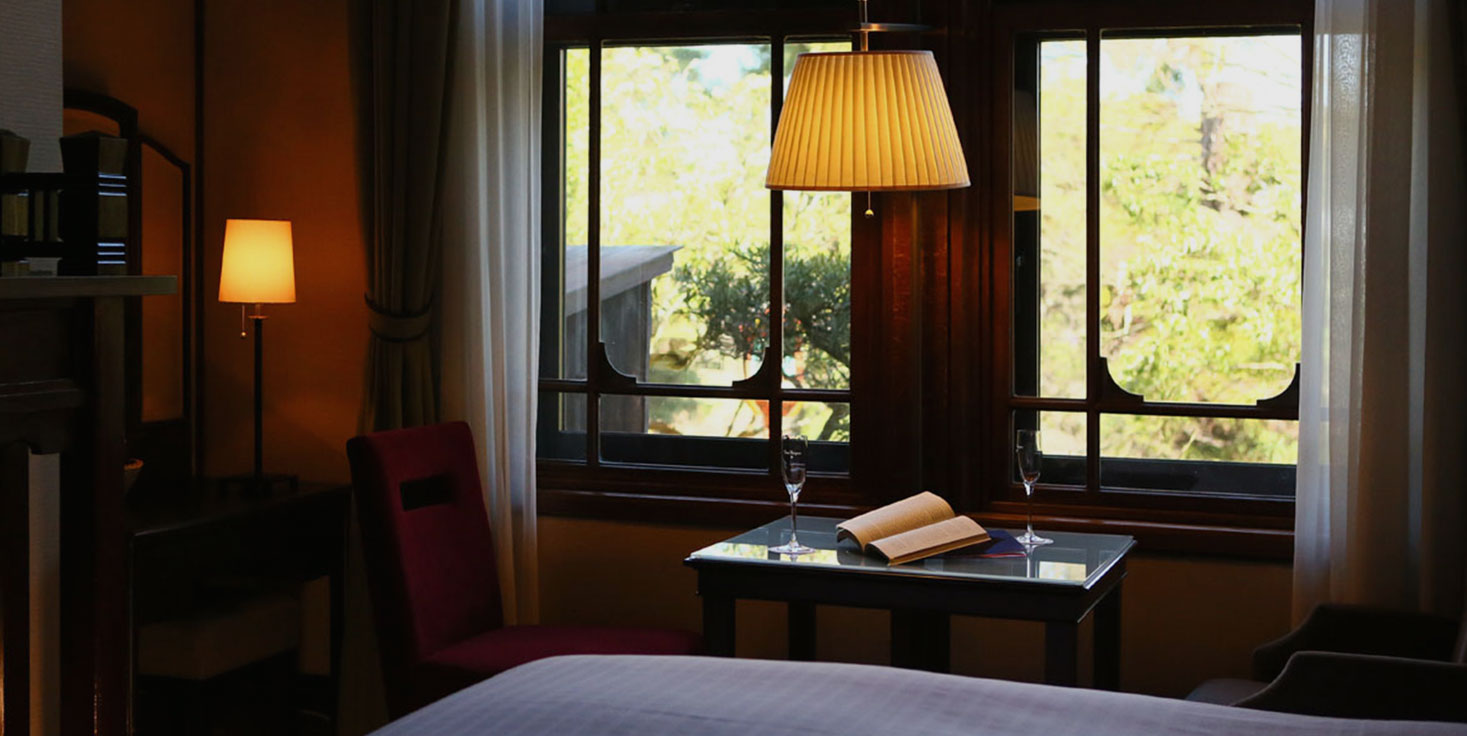
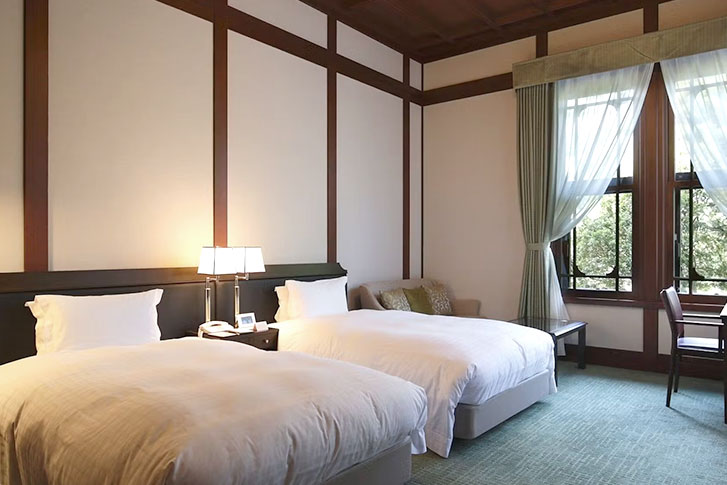
Built in 1909, the Main Building was designed by renowned Japanese architect Tatsuno Kingo in the Momoyama Goten style and is made of hinoki cypress.
Main Building Guest Rooms
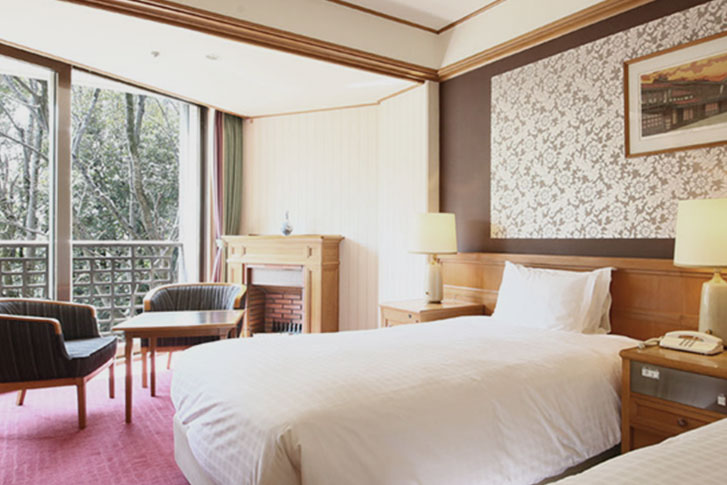
The New Building was built in 1984 using the Yoshino architectural style.
New Building Guest Rooms
A century of hospitality
celebrated every day
Enjoy traditional French and Japanese cuisine using carefully selected seasonal ingredients.
A unique space with classic beauty
that has been passed down
Immerse yourself in a rich location surrounded
by World Heritage Sites and a classic interior.
Step inside and enjoy tranquility
that has remained unchanged for over a century.
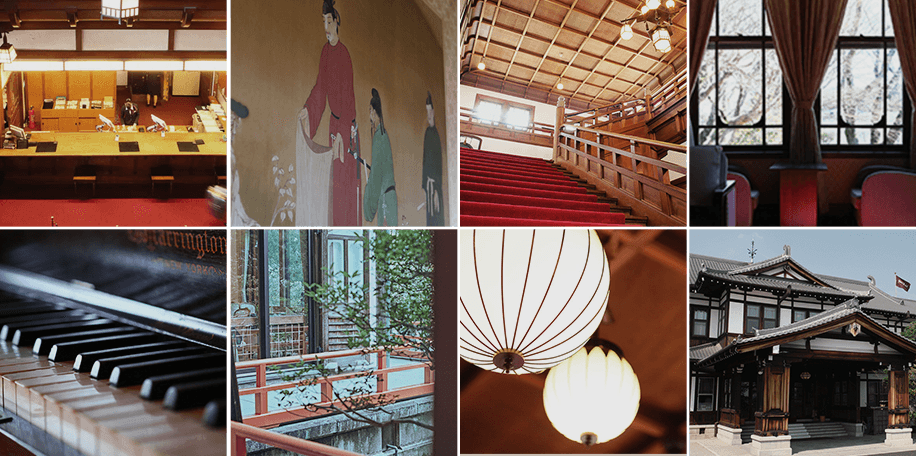
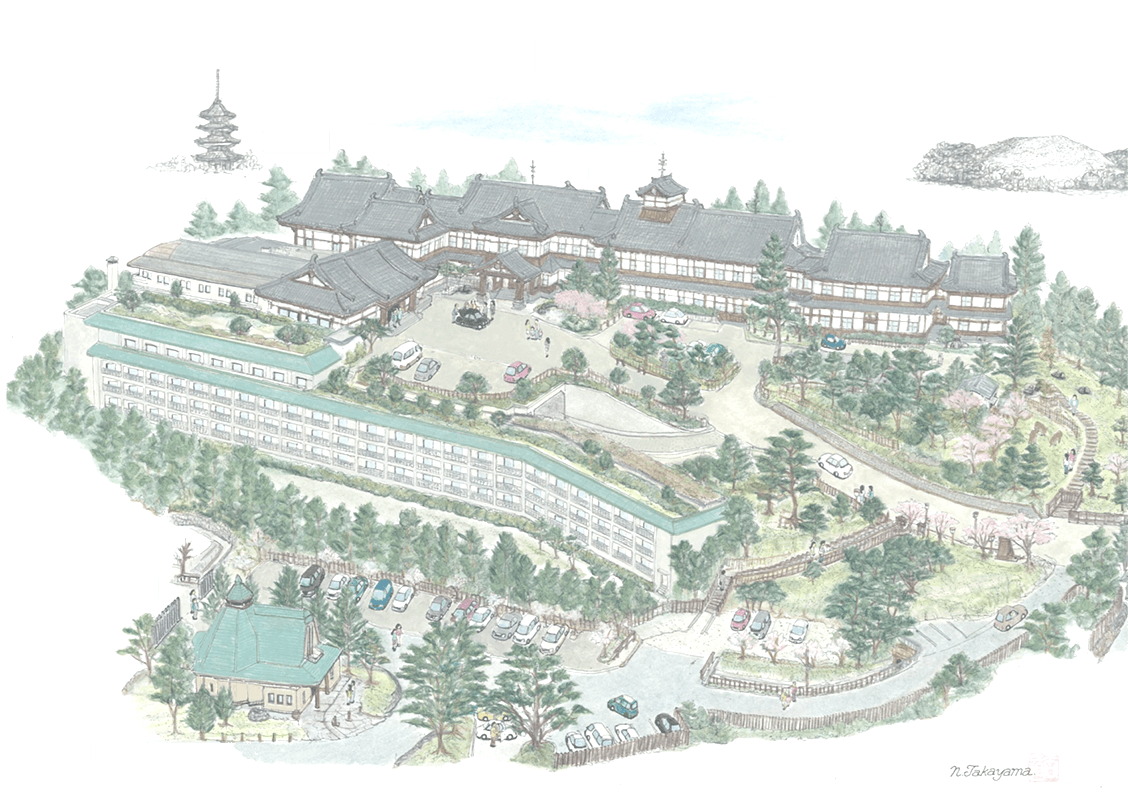
Special guest services
for captivating events
We offer meticulous hospitality in our six event venues
of various sizes tailored to your needs.

